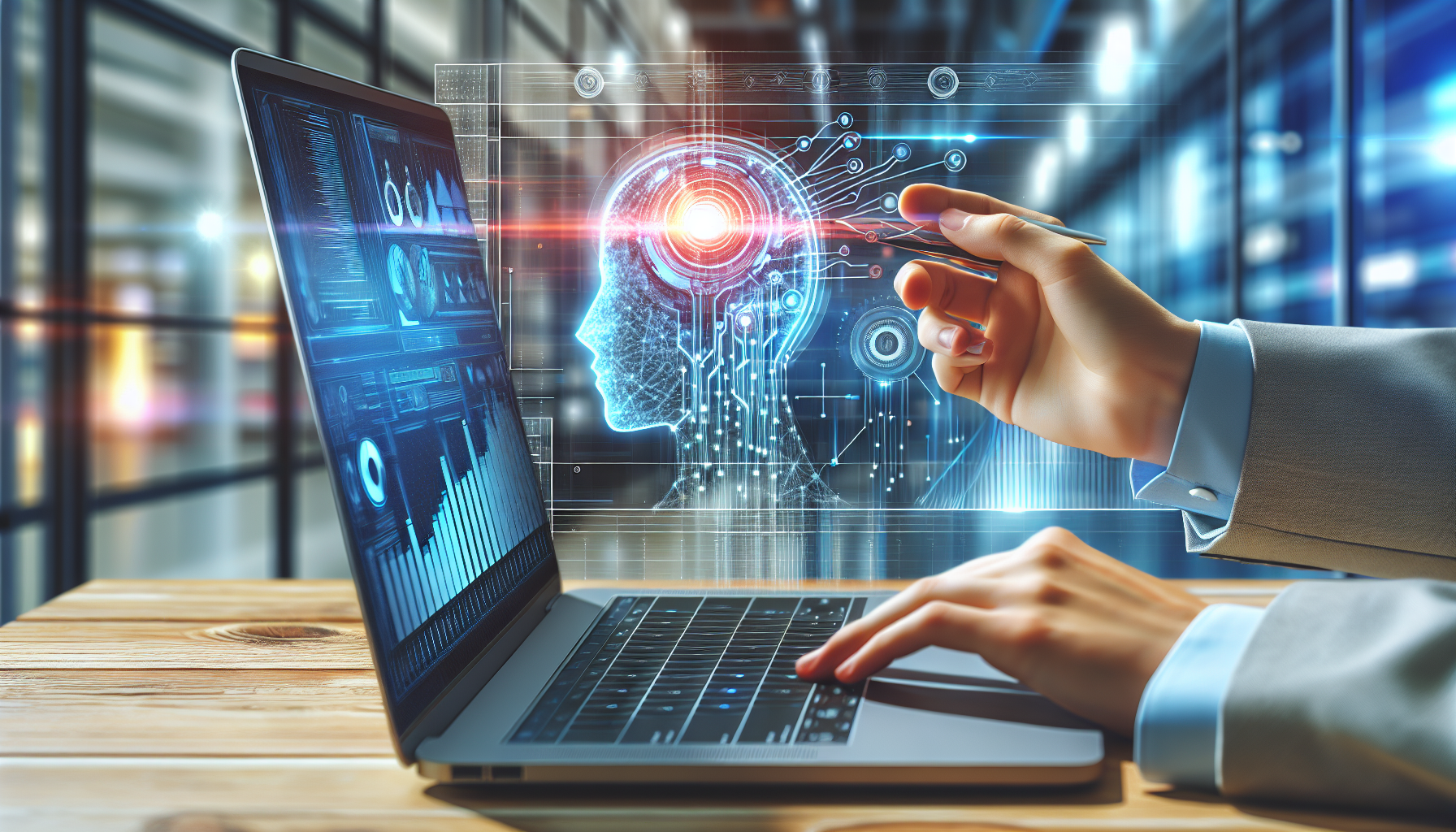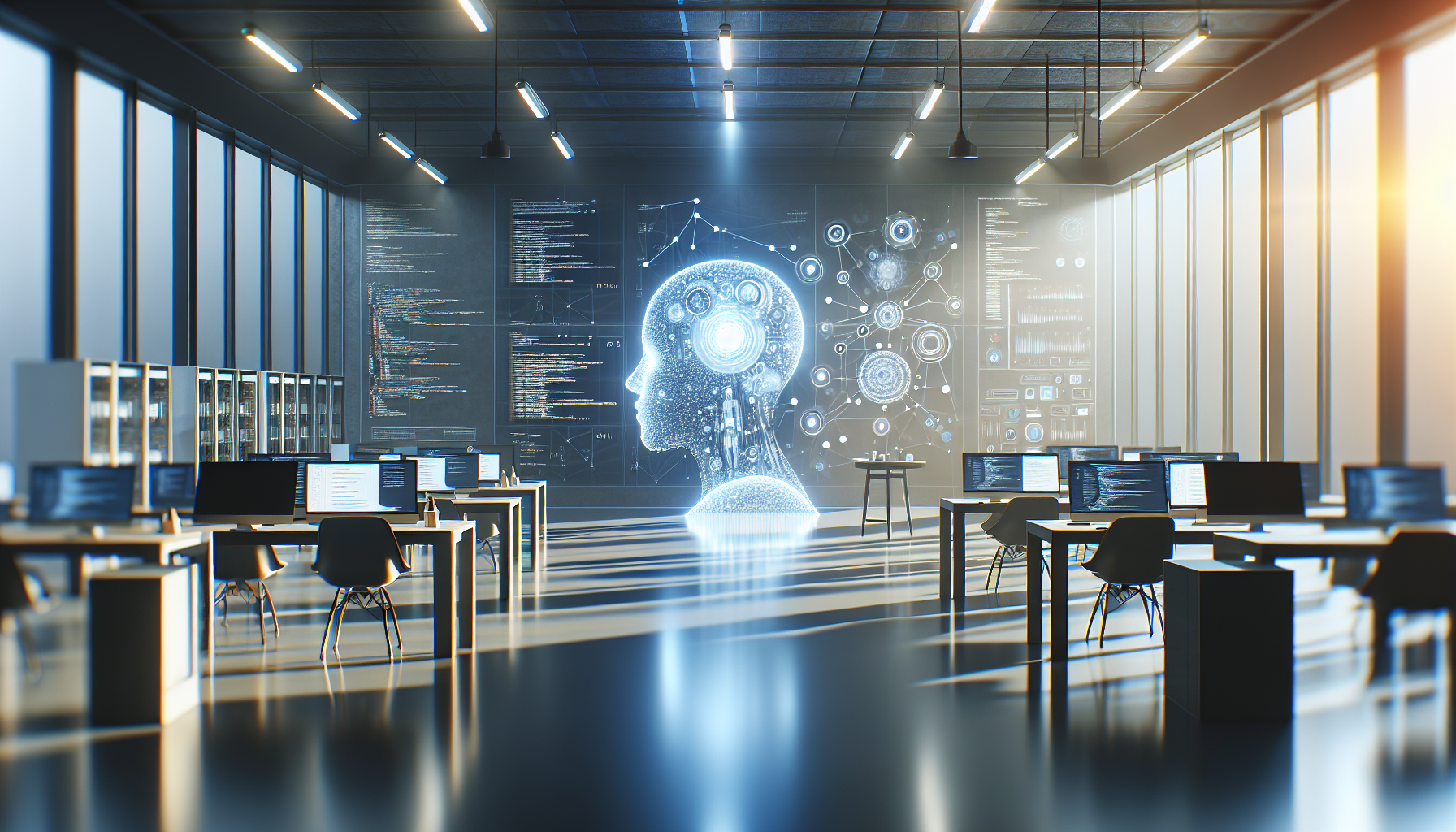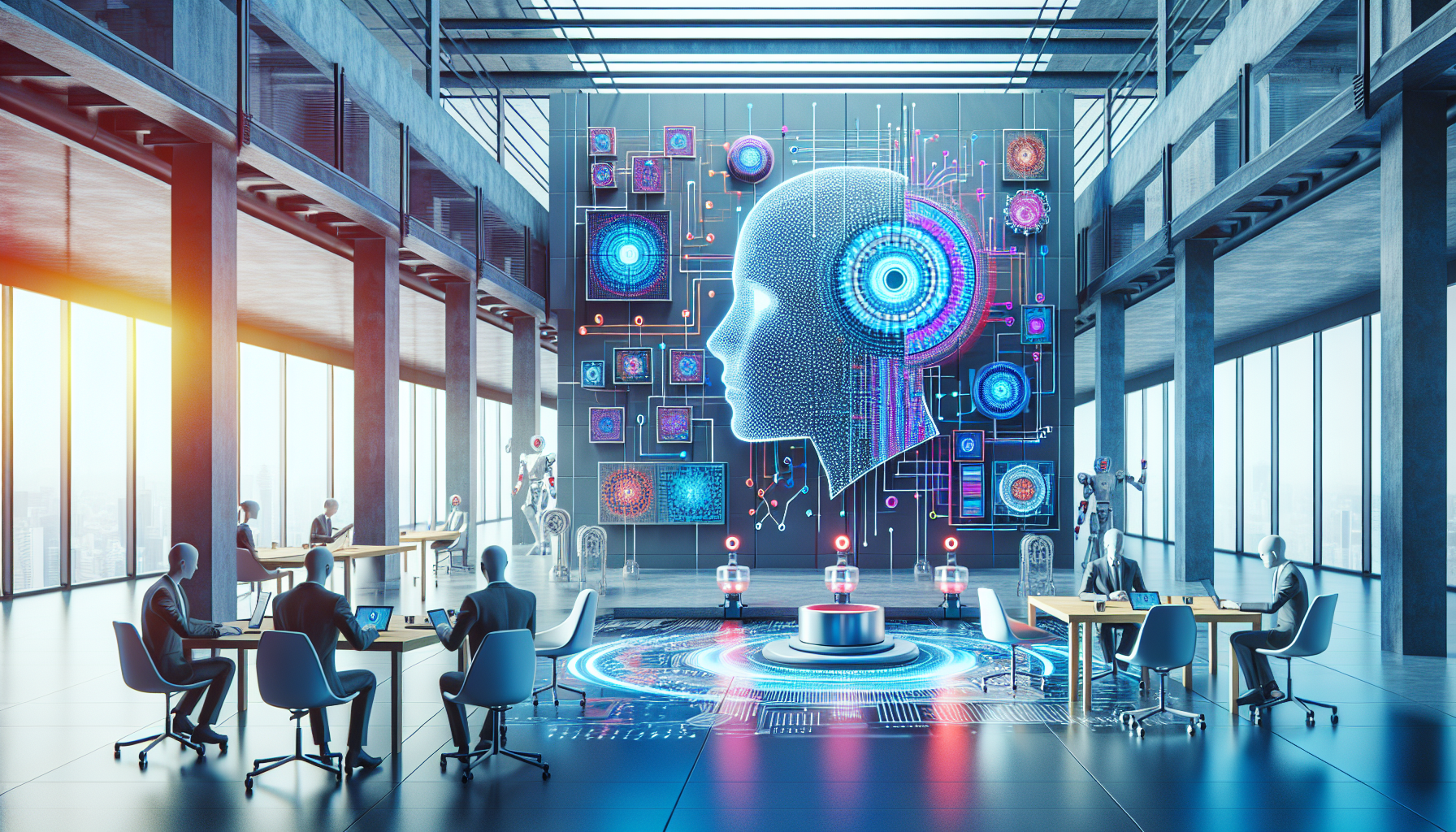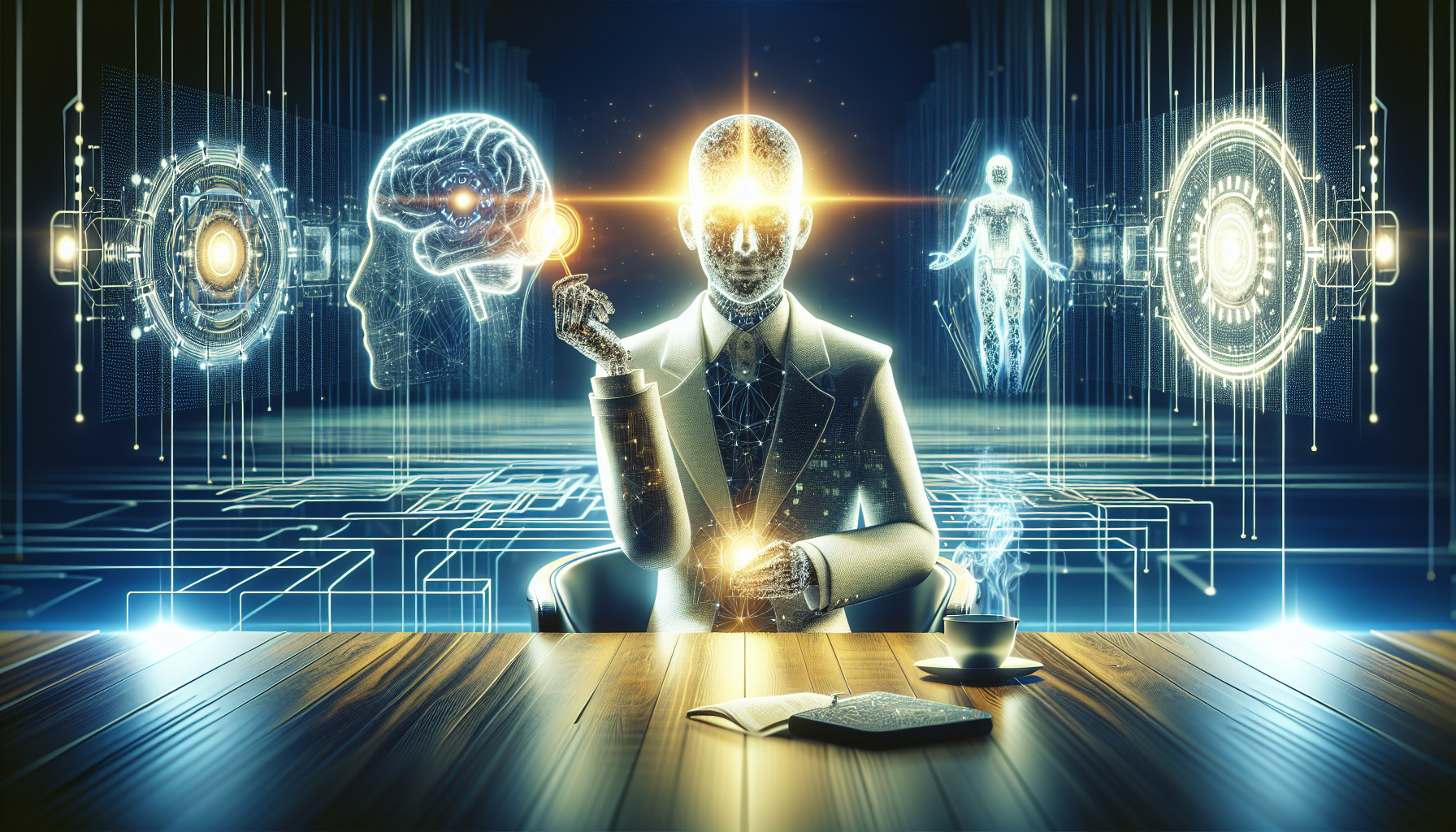
AI for Social Good: Leveraging Technology to Tackle Global Challenges
August 21, 2025
Artificial Intelligence (AI) is often associated with cutting-edge technology, automation, and efficiency improvements in various industries. However, its potential extends far beyond commercial benefits, offering transformative solutions to some of the most pressing global challenges. This article delves into how AI is being harnessed for social good, highlighting emerging trends and technical applications that promise a brighter future.
AI's integration into social initiatives is not merely a futuristic ideal but a present-day reality. Organizations worldwide are increasingly recognizing AI's capacity to address complex issues such as poverty, health care access, and climate change. Machine learning algorithms, for instance, are pivotal in analyzing vast datasets to predict and mitigate natural disasters. By processing satellite imagery and meteorological data, AI systems can forecast floods, hurricanes, and other catastrophic events, enabling timely interventions that save lives and resources.
In the realm of healthcare, AI's impact is profound. Advanced algorithms are employed to detect diseases at early stages, often with greater accuracy than traditional methods. For instance, AI-driven image recognition tools are revolutionizing radiology by identifying anomalies in medical scans that may indicate cancerous growths. Furthermore, AI's capability to analyze diverse patient data sets facilitates personalized treatment plans, optimizing outcomes and enhancing patient care.
Education, another critical area, is witnessing transformative AI applications. Intelligent tutoring systems are being developed to provide personalized learning experiences, adapting content to meet individual student needs and learning paces. These systems harness natural language processing to understand and respond to student queries, fostering interactive and engaging learning environments. The potential to democratize education through AI is immense, particularly in underserved regions where access to quality educational resources is limited.
One of the most promising yet challenging applications of AI for social good is in the fight against poverty. By analyzing socioeconomic data, AI can identify patterns and trends that contribute to poverty cycles. This information is invaluable for policymakers and NGOs in crafting targeted interventions. Moreover, AI-powered platforms are streamlining microfinance operations, enhancing financial inclusion by enabling access to credit for underserved populations. These innovations empower individuals and communities, promoting sustainable economic development.
Despite these advancements, leveraging AI for social good is not without its challenges. Ethical considerations, such as data privacy and algorithmic bias, must be addressed to ensure equitable and fair outcomes. The deployment of AI systems in sensitive areas necessitates stringent oversight and governance frameworks to prevent misuse and protect vulnerable populations.
Additionally, the digital divide presents a significant barrier to the widespread adoption of AI solutions. Many regions, particularly in developing countries, lack the necessary infrastructure and technical expertise to implement AI technologies effectively. Bridging this gap requires collaborative efforts from governments, private sector players, and international organizations to invest in digital infrastructure and skills development.
AI's potential to contribute to the United Nations' Sustainable Development Goals (SDGs) is increasingly recognized. From eradicating hunger and ensuring clean water access to promoting sustainable urban development, AI offers innovative paths to accelerate progress. For instance, AI-driven agricultural technologies are enhancing crop yields through precision farming techniques, optimizing resource use and reducing environmental impact. Similarly, AI applications in energy management are advancing the transition to renewable resources, aligning economic growth with environmental sustainability.
As AI continues to evolve, its role in addressing global challenges will likely expand, driven by technological advancements and collaborative efforts across sectors. The integration of AI into social good initiatives represents a paradigm shift, redefining how societies confront and manage complex issues. However, realizing AI's full potential necessitates a commitment to ethical practices, inclusivity, and transparency.
The trajectory of AI for social good is a testament to human ingenuity and the transformative power of technology. As we navigate these uncharted waters, one question remains: How can we ensure that AI serves as a force for good, fostering a world where technology and humanity coexist harmoniously in the pursuit of a just and equitable future?


